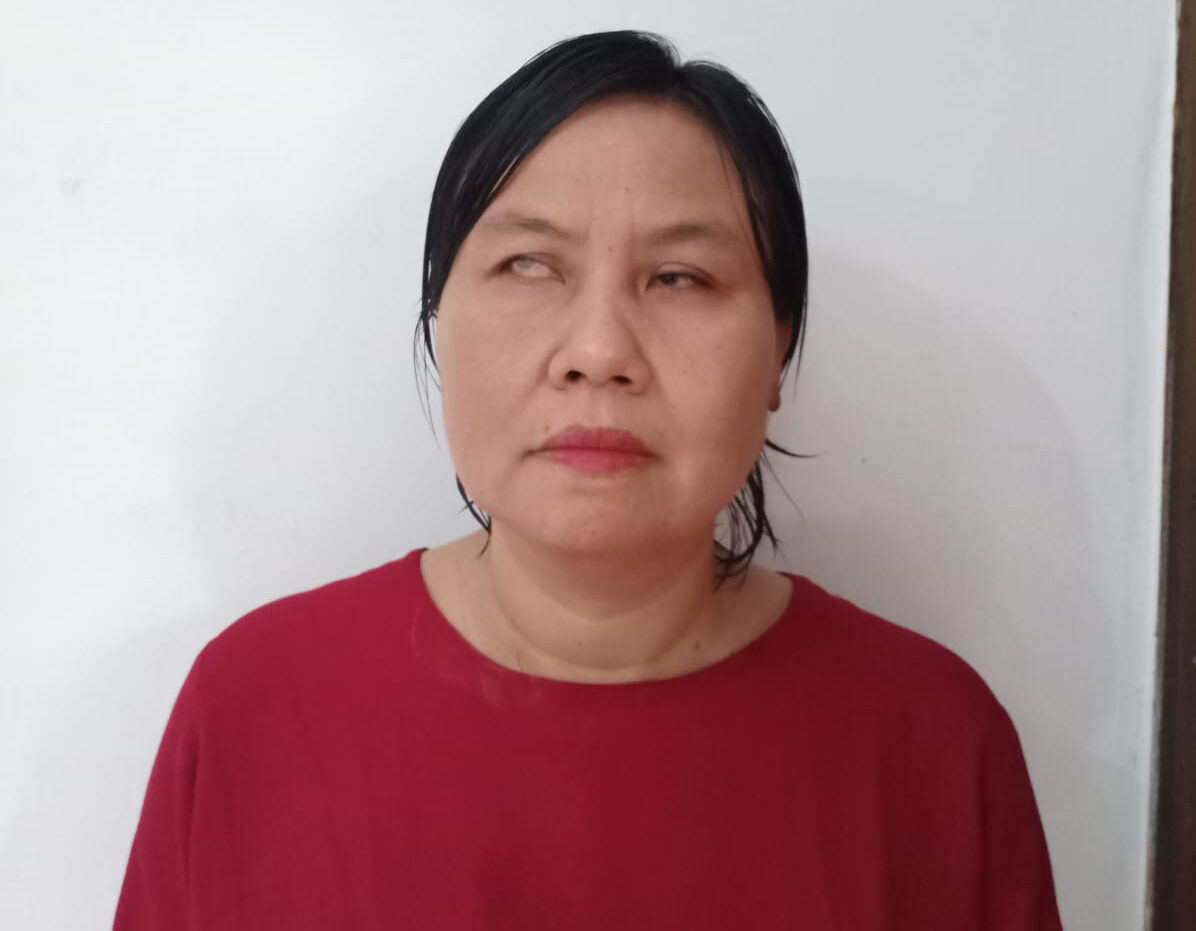
News
As Long as You Have a Story to Tell
DJP Fellow Retta Maha Says People Who are Blind or Low Vision Can Make Films. It All Begins with Having a Story to Tell.
September 10, 2022
JAKARTA, Indonesia — When she first heard about the Disability Justice Project’s filmmaking fellowship, Retta Maha searched through the application guidelines to see if there were any restrictions for blind people. Maha was diagnosed with congenital cataracts when she was three months old, which caused her to permanently lose about 90 percent of her vision.
“I was interested in applying to the Disability Justice Project because they said that they will teach us how to make videos and film. And I just wondered how it’s possible for blind people to do that,” says Maha. “In their information, they put that people with disabilities are allowed to apply, and they didn’t mention restrictions for any type of disability. So I thought, ‘I can join this training.’”
As a 2022 fellow, Maha is the first blind filmmaker that the DJP has worked with, and she’s paved the way in showing how individuals who are blind or low vision can tell stories through video.
“I found that blind people also can be filmmakers, as long as they get support,” says Maha. “As long as you have the idea about what film you want to make or how the b-roll is supposed to be. So the blind have their own idea of how to make it and what is the story, and then the sighted people can help them to make it real.”
Since 2005, Maha has been an activist in the disability rights movement, fighting for the inclusion of people with disabilities at every level of Indonesian society. When she was young, Maha’s parents prioritized sending her to college over her siblings, anticipating that she would have a harder time getting access to a degree.
“In Indonesia, we still face a lack of knowledge and understanding about the rights of people with disabilities,” says Maha. “So, usually people with disabilities only get charity, like help and support, but rarely do people think that people with disabilities can also go to school and get a better education.”
Maha has made two films in partnership with the Disability Justice Project. Both have centered on the challenges people with disabilities face in Indonesia, whether they are running for political office or trying to make a professional living. Through her videos, she says, she wants to change the mindset of Indonesians who have limited beliefs about what people with disabilities can achieve.
Maha herself not only obtained her bachelor’s degree but went on to attend law school. She now works as a program officer for the Center for Election Access of Citizens with Disabilities (PPUA). She says her blindness has allowed her to care about and understand disability rights issues better and has motivated her to overcome barriers.
“I think no matter the disability that someone has, you give the opportunity to them to do something that they want to do,” says Maha. “What we can do as a society, as a friend or community, is we can give them the support that they need.”
Delainey LaHood-Burns is a digital content producer based in New Hampshire and a contributor to the Disability Justice Project. @2022 Disability Justice Project. All rights reserved.
News From the Global Frontlines of Disability Justice

Rwanda’s Marburg Crisis
As Rwanda confronts its first-ever Marburg virus outbreak, people with disabilities face heightened risks — not only from the virus but also from the lack of accessible health information. “Without proper accommodations, such as sign language interpreters, captions, Braille, or visual aids, the Deaf and DeafBlind community may miss crucial information about how to protect themselves, symptoms to watch for, or where to seek help in case of infection,” says Joseph Musabyimana, executive director of the Rwanda Organization of Persons with Deaf Blindness.
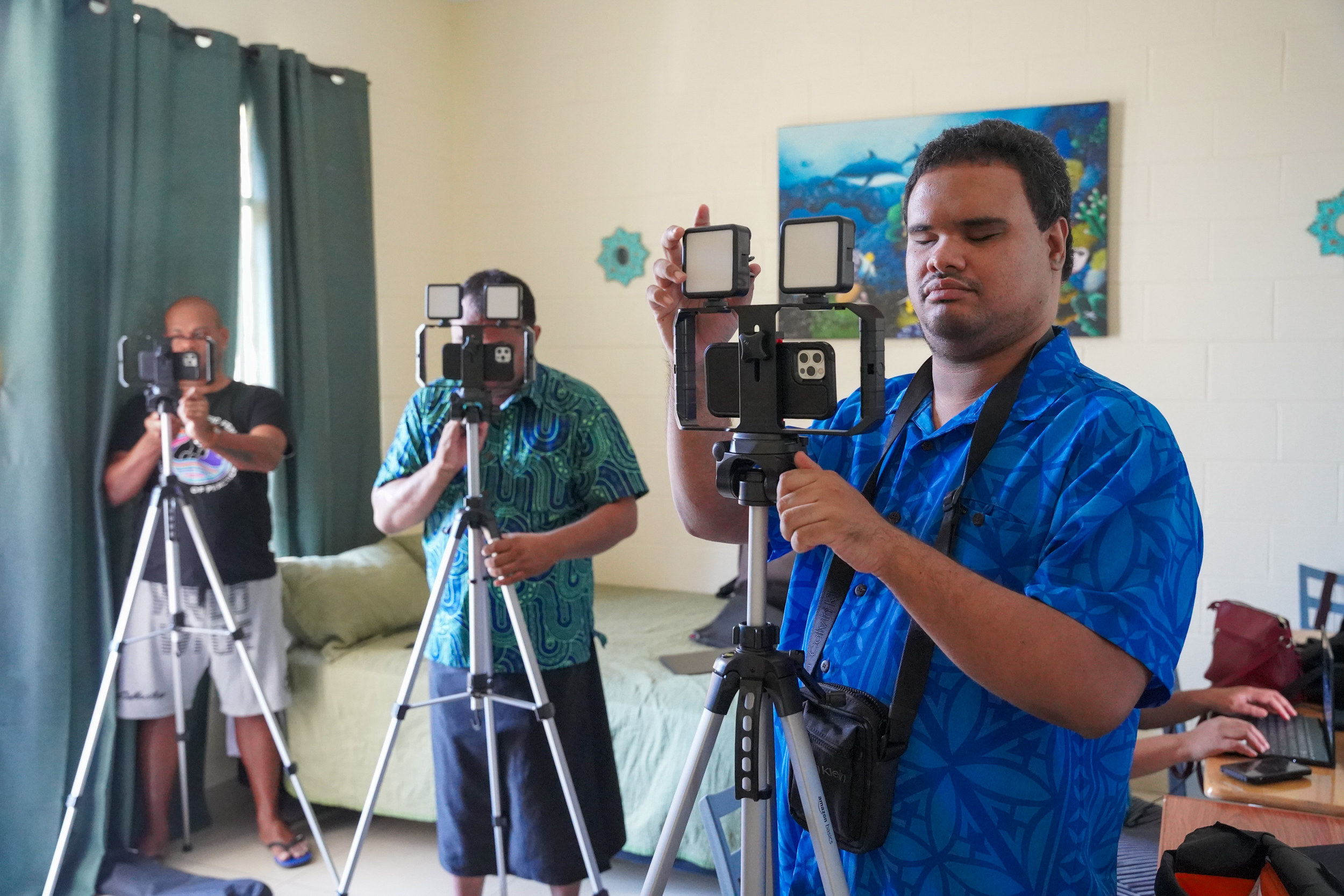
Capturing Vision Through Sound and Touch
Last summer, the DJP trained Indigenous activists with disabilities from the Pacific on the iPhone camera to create a documentary series on disability and climate change. With VoiceOver, the iPhone provides image descriptions for blind and low-vision filmmakers and offers other accessible features. “If you think about it, it doesn’t make sense for a blind person to use a camera,” says DJP filmmaker Ari Hazelman. “The iPhone gives you more avenues to tell your story in a more profound way as a blind person.”
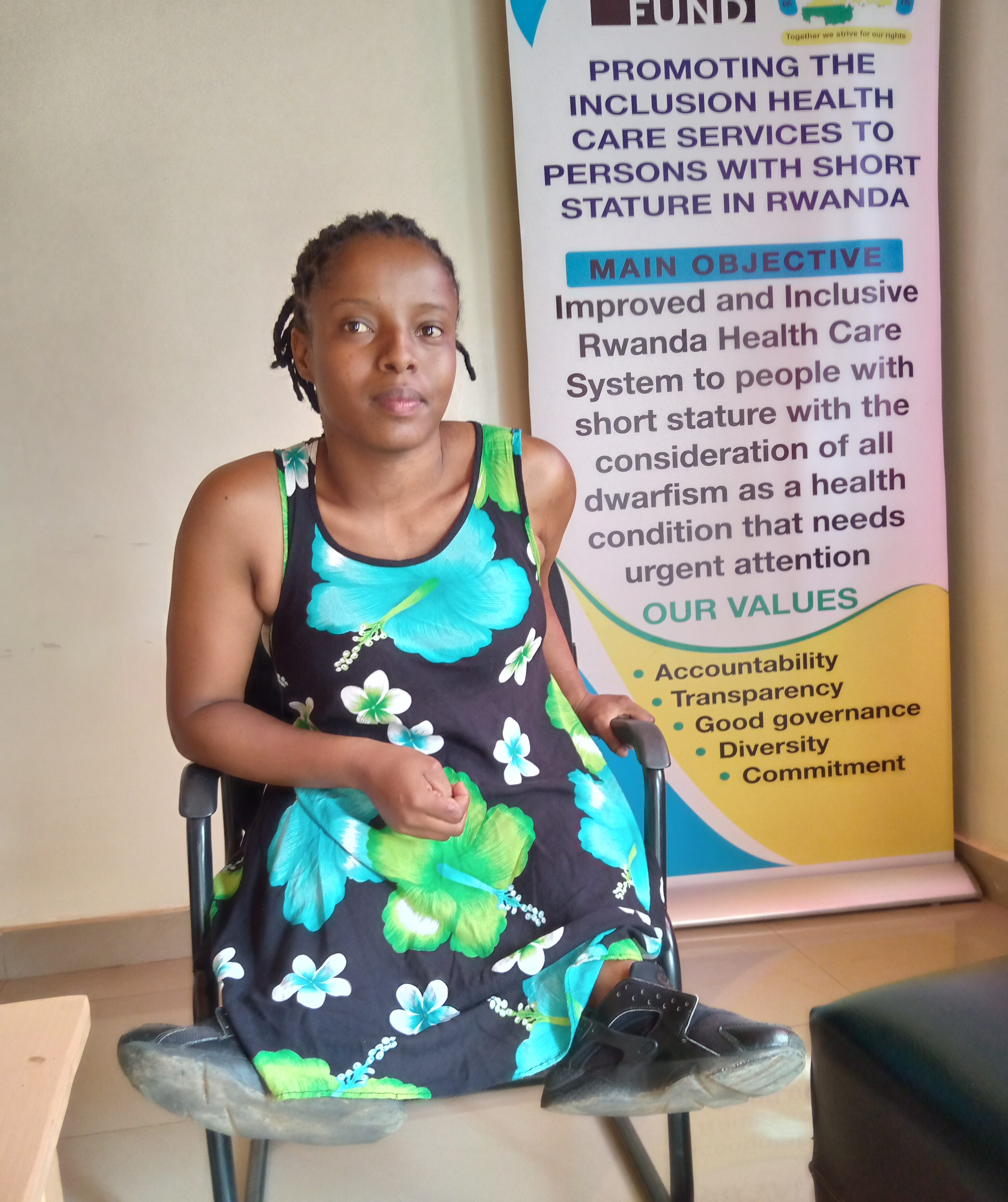
Work for All
The We Can Work program equips young Rwandans with disabilities to navigate barriers to employment through education, vocational training, and soft skills development. By fostering inclusive workplaces and advocating for policy changes, the program aims to reduce poverty and promote economic independence. Participants like Alliance Ukwishaka are optimistic that the program will enable them to achieve their dreams and showcase their potential. The initiative is part of a larger effort to support 30 million disabled youth across seven African countries.
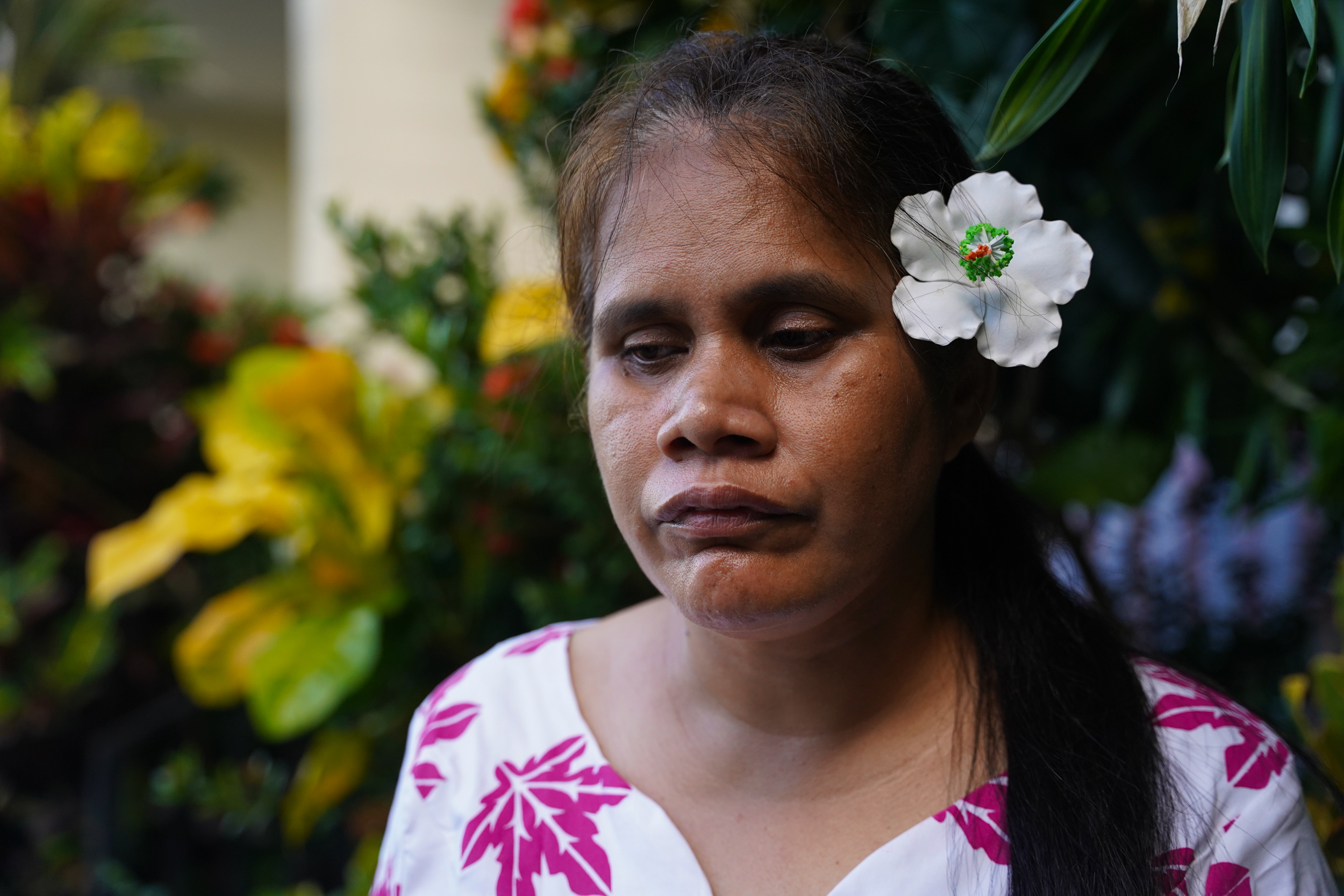
Global Recognition
Faaolo Utumapu-Utailesolo’s film “Dramatic Waves of Change” has been named a finalist in the Focus on Ability International Short Film Festival. The film, completed during a Disability Justice Project workshop in Samoa, highlights the impact of climate change on people with disabilities in Kiribati. Utumapu-Utailesolo, who is blind, used an iPhone with accessibility features to create the film. “Do not leave people with disabilities behind when [you] plan, implement, and monitor programs regarding climate change and disaster,” she says. Her achievement is a testament to the power of inclusive filmmaking.
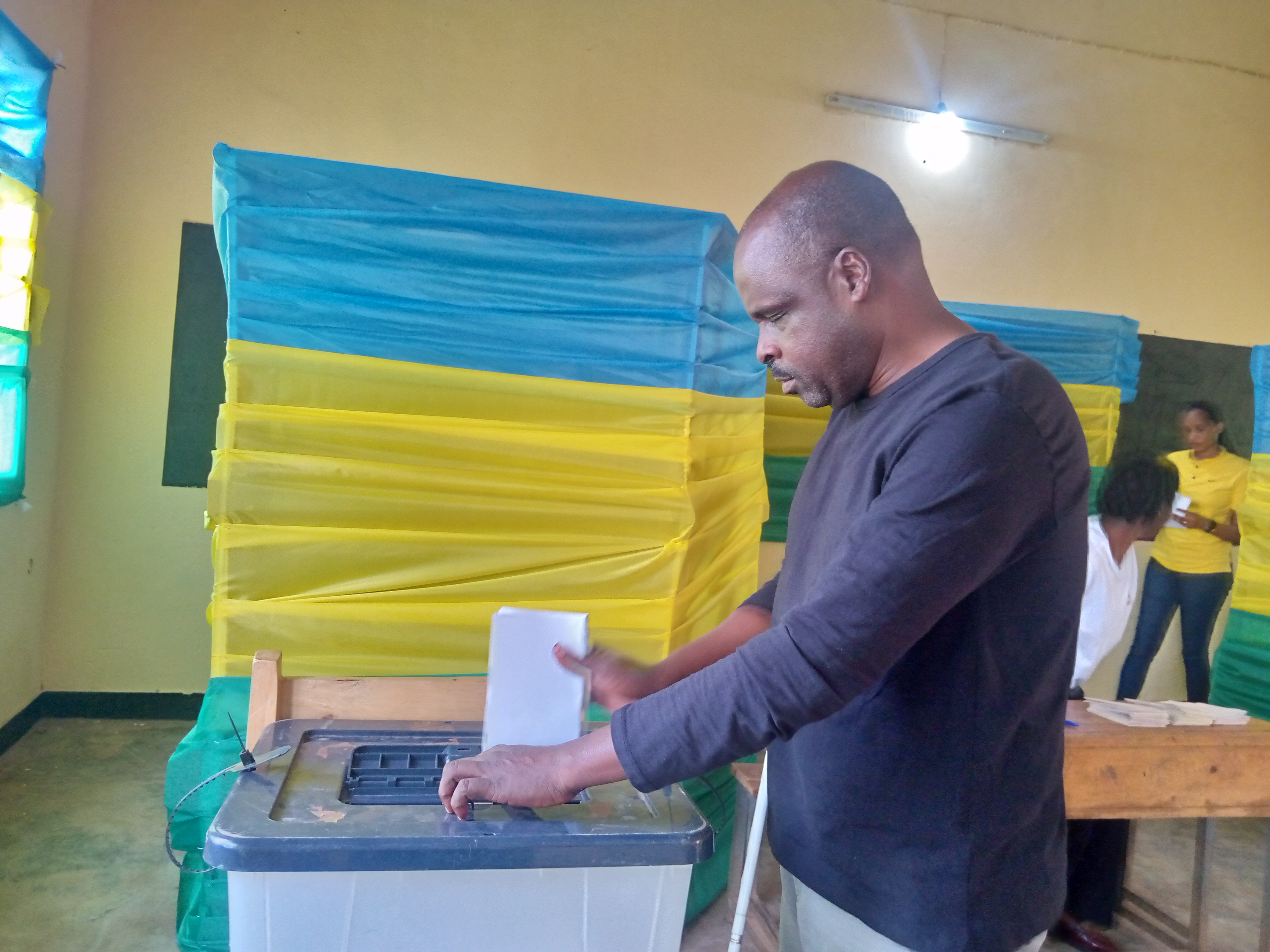
Advancing Democracy
Rwanda has made significant progress in making its elections more accessible, highlighted by the July 15 general elections where notable accommodations were provided. This was a major step forward in disabled Rwandans’ quest for equal rights and participation. “You cannot imagine how happy I am, for I have voted by myself and privately as others do accessibly,” says Jean Marie Vianney Mukeshimana, who used a Braille voting slate for the first time. “Voting is a deeply emotional and meaningful experience for a person with any disability in Rwanda, reflecting a blend of pride, empowerment, and hope.”
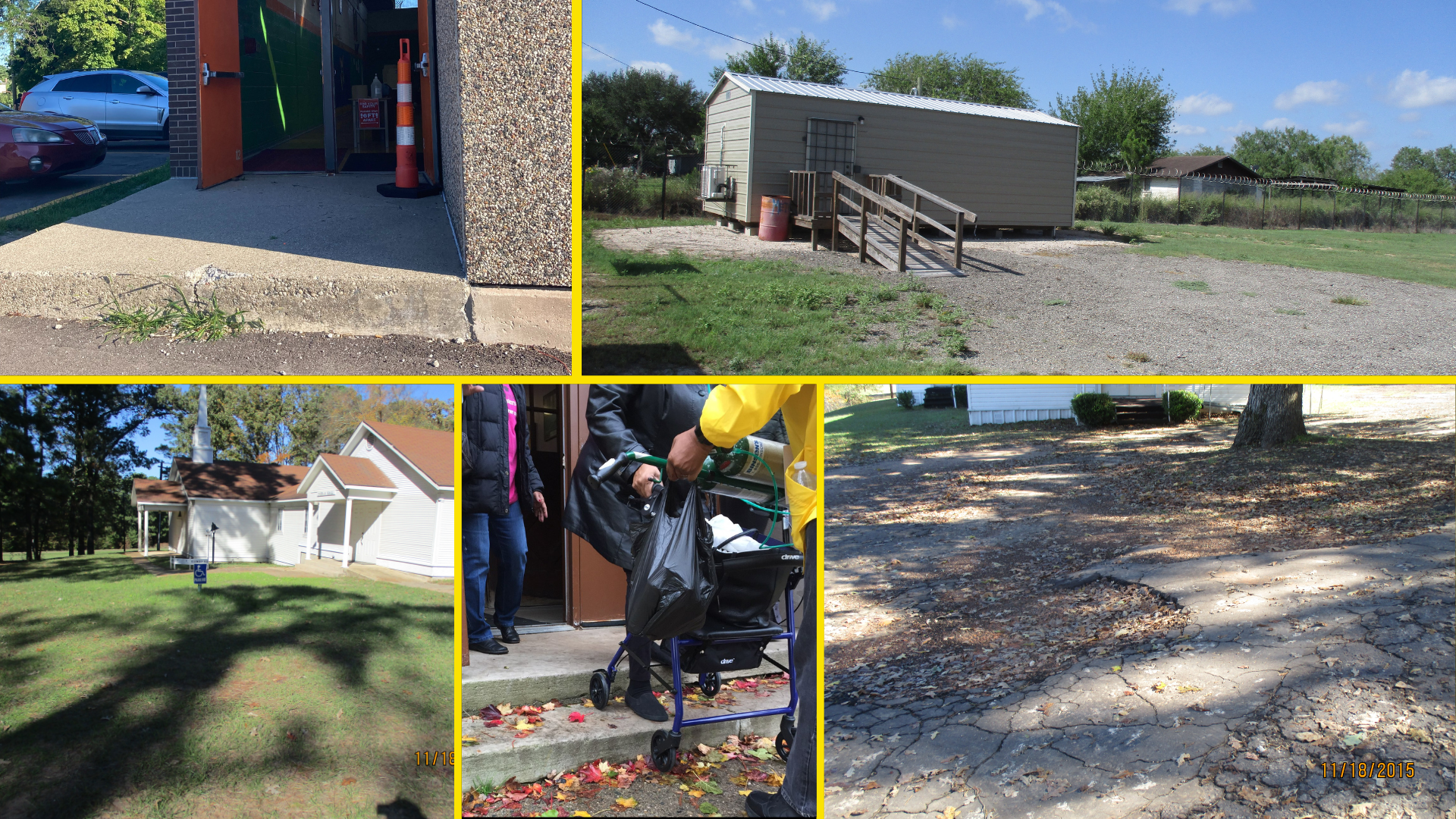
Barriers to the Ballot
Despite legislation like the Americans with Disabilities Act, barriers at the polls still hinder — and often prevent — people with disabilities from voting. New restrictive laws in some states, such as criminalizing assistance with voting, exacerbate these issues. Advocacy groups continue to fight for improved accessibility and increased voter turnout among disabled individuals, emphasizing the need for multiple voting options to accommodate diverse needs. ““Of course, we want to vote,” says Claire Stanley with the American Council of the Blind, “but if you can’t, you can’t.”